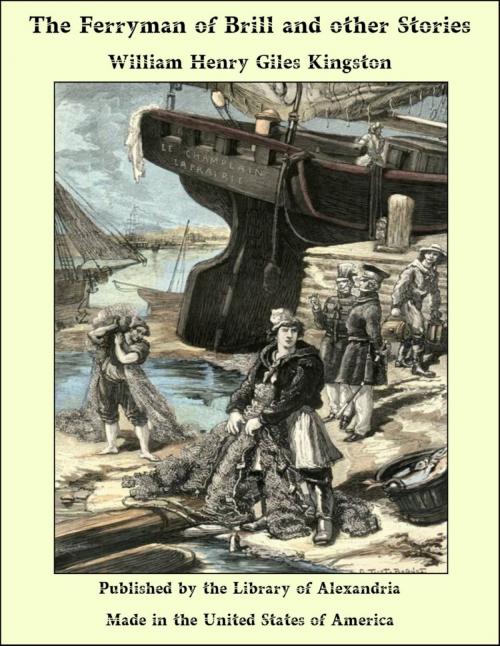The Ferryman of Brill and other Stories
Nonfiction, Religion & Spirituality, New Age, History, Fiction & Literature| Author: | William Henry Giles Kingston | ISBN: | 9781465597014 |
| Publisher: | Library of Alexandria | Publication: | March 8, 2015 |
| Imprint: | Language: | English |
| Author: | William Henry Giles Kingston |
| ISBN: | 9781465597014 |
| Publisher: | Library of Alexandria |
| Publication: | March 8, 2015 |
| Imprint: | |
| Language: | English |
Not far from the broad and slow-flowing river Meuse stands the town of Brill. Flanders, in which it is found, formed at the period to which we refer a province of the dominions belonging to Philip of Spain. It was ruled with no very paternal hand by the Duke of Alva, who resided chiefly at Brussels. He had been employed for several years in burning, hanging, drowning, and cutting off the heads of his loving subjects, and torturing them in a variety of ways, in order to make them dutiful children of the Church of Rome, and of his master, Philip. Not with great success, for they still hated, with an unalterable deadly hatred, both one and the other. Brill at that time was not a populous city, nor did it possess much commercial importance; but it was well walled and fortified, however, and had a most commodious port. The inhabitants were peaceable, well-disposed people, who thought as much of themselves as the citizens of other cities of similar importance are apt to do. Among them was a young merchant—Diedrich Meghem. He had made several voyages of adventure, and was well accustomed to a seafaring life. Now prosperous, and hoping to become wealthy, he was about to settle down as a steady citizen on shore, with the expectation of some day, perhaps, becoming burgomaster of his native city.
Not far from the broad and slow-flowing river Meuse stands the town of Brill. Flanders, in which it is found, formed at the period to which we refer a province of the dominions belonging to Philip of Spain. It was ruled with no very paternal hand by the Duke of Alva, who resided chiefly at Brussels. He had been employed for several years in burning, hanging, drowning, and cutting off the heads of his loving subjects, and torturing them in a variety of ways, in order to make them dutiful children of the Church of Rome, and of his master, Philip. Not with great success, for they still hated, with an unalterable deadly hatred, both one and the other. Brill at that time was not a populous city, nor did it possess much commercial importance; but it was well walled and fortified, however, and had a most commodious port. The inhabitants were peaceable, well-disposed people, who thought as much of themselves as the citizens of other cities of similar importance are apt to do. Among them was a young merchant—Diedrich Meghem. He had made several voyages of adventure, and was well accustomed to a seafaring life. Now prosperous, and hoping to become wealthy, he was about to settle down as a steady citizen on shore, with the expectation of some day, perhaps, becoming burgomaster of his native city.















